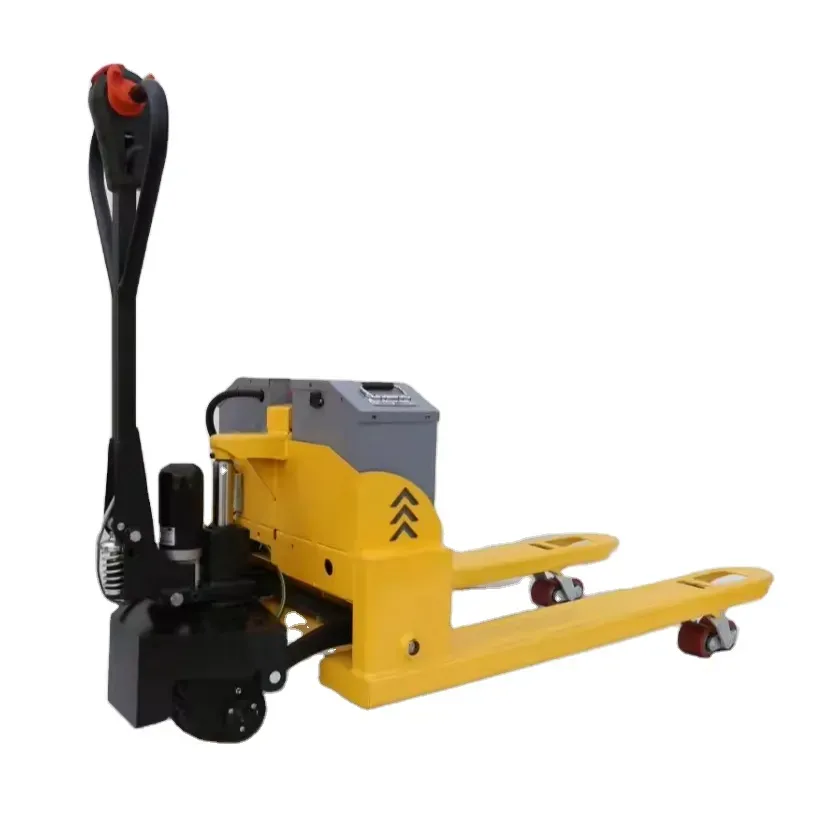


Understanding Heavy Duty Crane Scales Enhancing Efficiency and Safety in Lifting Operations
In the realm of heavy lifting and industrial operations, precision and safety are paramount. One essential tool that plays a critical role in these environments is the heavy duty crane scale. Designed to provide accurate weight measurements for substantial loads, these scales are integral to various industries, including construction, manufacturing, and shipping.
What is a Heavy Duty Crane Scale?
A heavy duty crane scale is a sophisticated weighing device that attaches to cranes or hoisting systems to measure the weight of suspended loads. These scales are built to endure the rigors of heavy industrial use, featuring robust construction to withstand stress, shock, and environmental factors. Typically, they come equipped with digital displays for easy reading, remote control functionality for operator convenience, and sometimes even wireless capabilities for enhanced mobility and flexibility.
Benefits of Using Heavy Duty Crane Scales
1. Accuracy and Precision One of the primary advantages of heavy duty crane scales is their ability to provide precise weight measurements. Accurate data is crucial in preventing overloads, which can lead to equipment failure and accidents. With features like tare weight adjustments and calibration options, these scales ensure reliable readings every time.
2. Safety Enhancements Safety is a critical concern in any lifting operation. Overloading can cause cranes to become unstable, posing risks to personnel and equipment. By accurately measuring loads, crane scales help operators avoid dangerous situations, making workplaces safer.
3. Efficiency in Operations Heavy duty crane scales can streamline operations by reducing the time spent on measuring loads. Traditionally, weighing materials might involve multiple steps, including transferring loads to a separate scale. With a crane scale, the measurement occurs simultaneously while moving the load, thereby saving time and increasing productivity.

4. Versatility These scales are designed to handle a wide range of weights, making them suitable for various applications, from lifting construction materials to handling heavy machinery components. The ability to weigh different types of loads makes them an invaluable asset in diverse operational settings.
5. Durability Constructed from high-strength materials, heavy duty crane scales are designed to operate in harsh environments. Whether exposed to dust, moisture, or extreme temperatures, these scales are engineered to maintain performance, ensuring long-term reliability.
Choosing the Right Crane Scale
When selecting a heavy duty crane scale, it is essential to consider several factors
- Weight Capacity Ensure that the scale can handle the maximum weight of the loads you will be lifting. - Display Type Digital displays offer better readability and additional features like data logging and connectivity options. - Power Source Battery-operated models provide mobility, while mains-powered options may offer continuous use without the need for battery changes. - Calibration and Certification Look for scales that are certified for accuracy and come with calibration options to meet regulatory standards.
Conclusion
In conclusion, heavy duty crane scales are indispensable tools in the industrial sector, combining safety, efficiency, and accuracy in load management. By investing in quality crane scales, businesses can enhance their operational performance while ensuring the safety of their workforce. As industries continue to evolve and expand, the role of crane scales is likely to grow, reflecting the increasing need for precise and reliable lifting solutions. Whether for construction, logistics, or manufacturing, these scales are crucial in navigating the complexities of heavy lifting, enabling companies to operate more effectively in a competitive marketplace.



